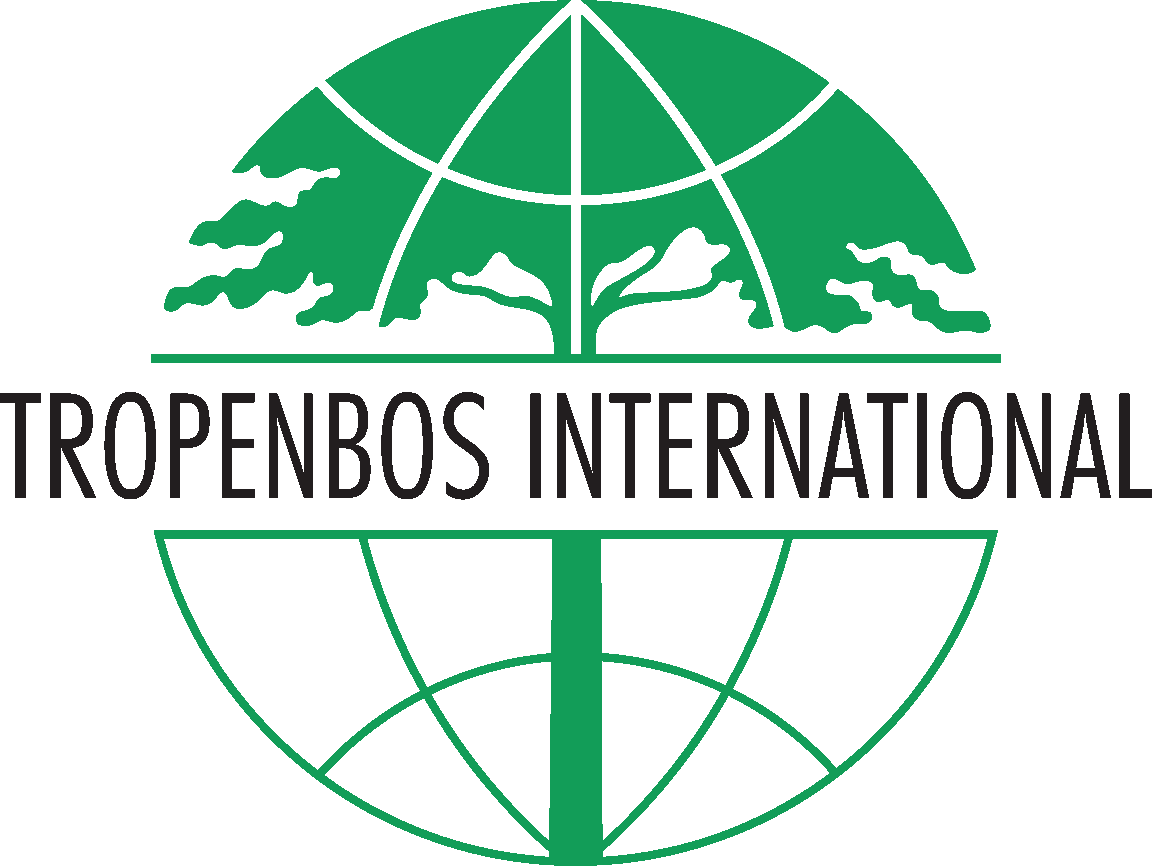Community / Land projects / Curbing the impacts of palm oil and soy agriculture by strengthening cooperative lobby and advocacy worldwide
Curbing the impacts of palm oil and soy agriculture by strengthening cooperative lobby and advocacy worldwide

€0
01/16 - 12/20
Concluído
This project is part of
Implementing Organisations
Donors
Data Providers
General
GLA Context analysis: A series of comprehensive studies in recent years emphasized the dominant role of commercial agriculture, notably soy and palm oil, in tropical deforestation. Indonesia and Malaysia dominate the international market for palm oil but might be experiencing problems to grow the operations further because of high production costs and lower availability of land. This explains increased investments in low-cost frontiers in Sub-Saharan Africa and Latin-America, including Nigeria, Colombia, Peru, Liberia and Cameroon, amongst others. Soy production is still on the increase in Latin America, and now takes up a large part of total cropland in Latin America: Bolivia 36%, Brazil 42%, Paraguay 55%, and Argentina 54%. Global demand for palm oil is growing, with for example a sharp rise in the EU for palm oil based biodiesel. Soy production in Latin America has grown 300% from 1999-2013. Due to the many negative impacts on water, food security, climate change, livelihood, human rights, land rights and biodiversity, associated with commercial agriculture and the resulting deforestation, the GLA program will work to mitigate impacts, improve operations towards sustainable levels and halt the expansion of palm oil and soy plantations through national and international lobby.
Objectives
GLA Theory of Change 2016-2020: The agro-commodities program focuses on international lobbying goals that complement national GLA agrocommodity lobbying strategies. It will support national lobby strategies by bringing local cases and interests to the attention of the international press and politics. In addition, the program will facilitate South-South and South-North learning, capacity building and knowledge sharing. At the national level, the alliance works towards improved (implementation of) national policies and laws that conform to international standards and agreements. Where applicable, the alliance will work on the better uptake and implementation of safeguards in palm oil and soy value chains, responsible production and consumption, and on halting the expansion of palm oil production that leads to deforestation. The GLA supports the protection of rights of people whose rights have been violated. The program will focus on international public sector policies within the EU and the UN. In the EU for instance on the Finance Regulation, binding measures in the EU Deforestation Action plan, the 2030 EU Climate & Energy package and the Renewable Energy Directive (to stop the use of palm oil and other agricultural crops for biofuels from 2021 onwards). The alliance aims to achieve regulation of the financial sector to eliminate land grabbing and deforestation for agro-commodity expansion. It will also stimulate the uptake of best practice standards in palm oil and soy and policy support to that purpose. In the 5-year agro-commodities program, the alliance will support CSOs in palm oil and soy producing countries in increasing their knowledge and skills related to international policy processes, lobbying, case work and policy analysis. In addition, CSO partners will actively cooperate with and empower local communities to monitor local developments and advocate for their rights.
Other
See attached documents for a brief summary of the Annual plans of the implementing organisation



